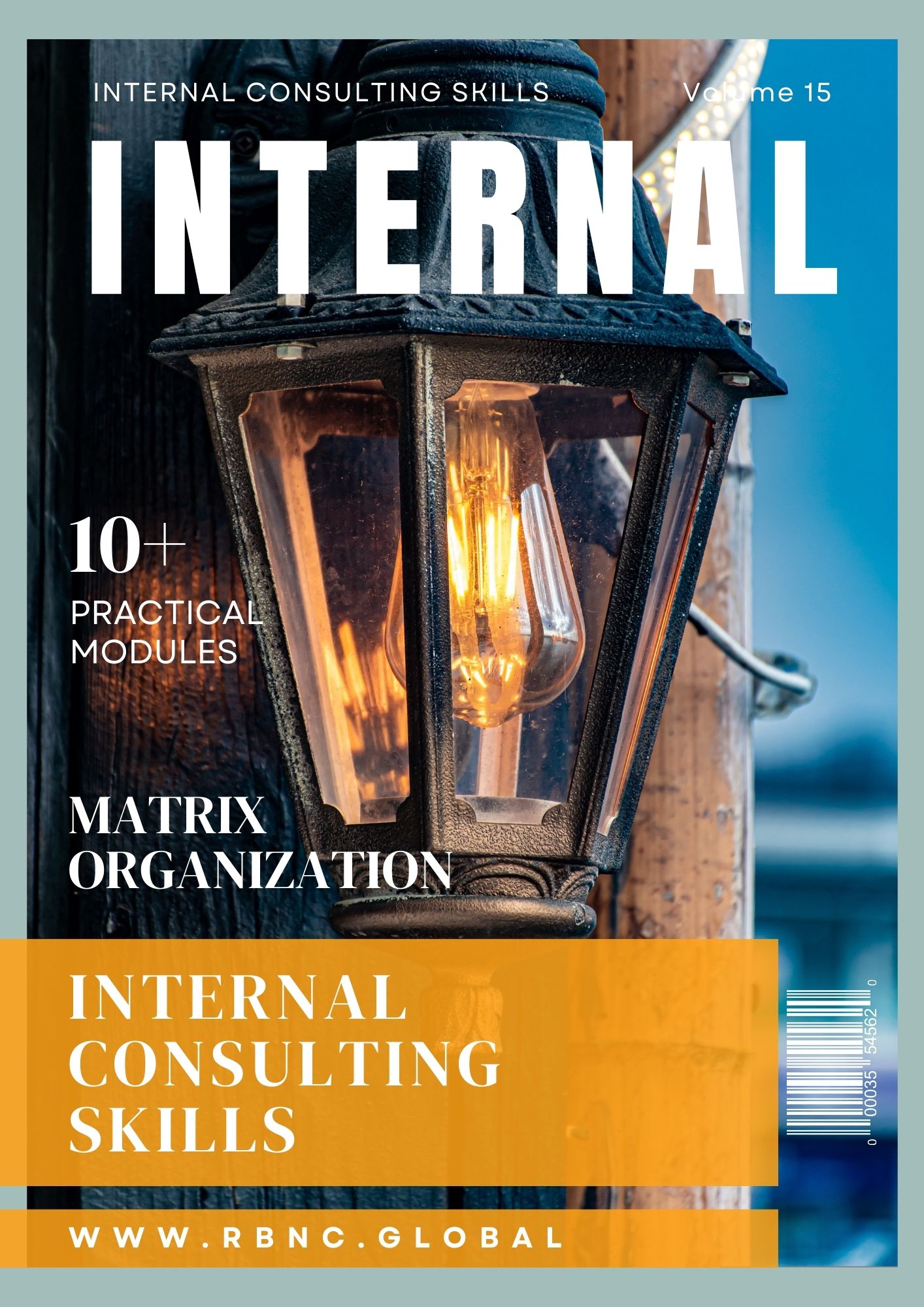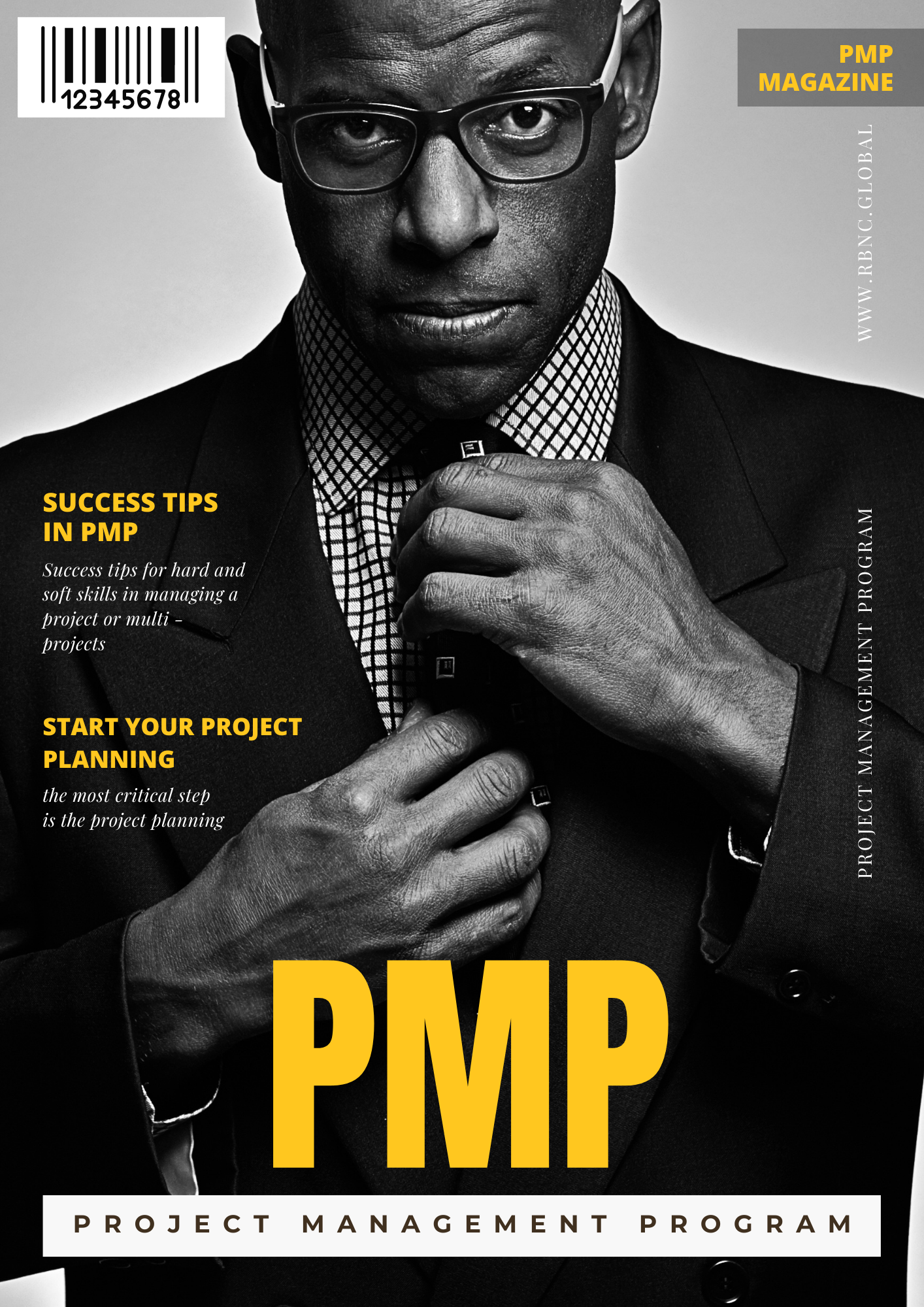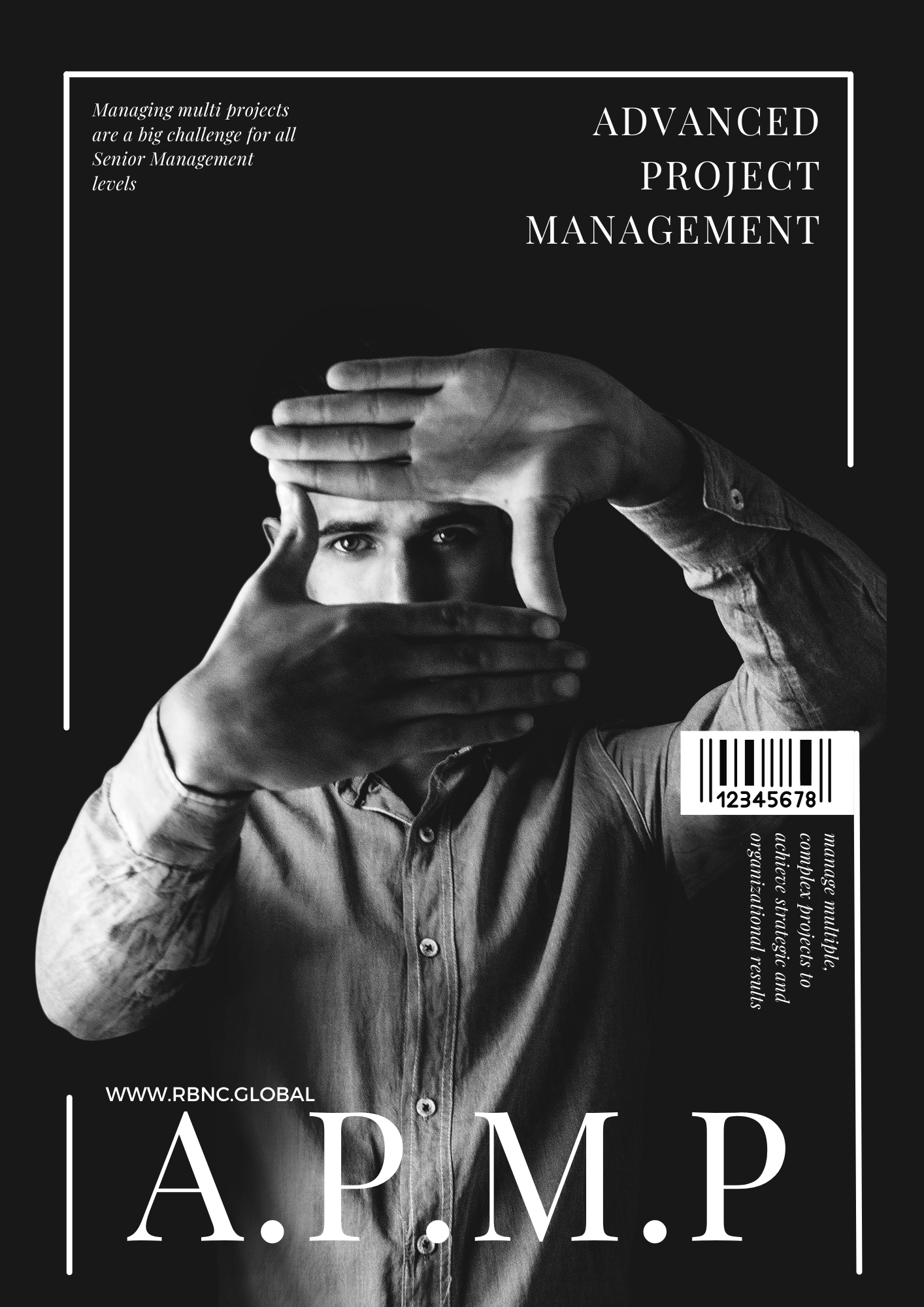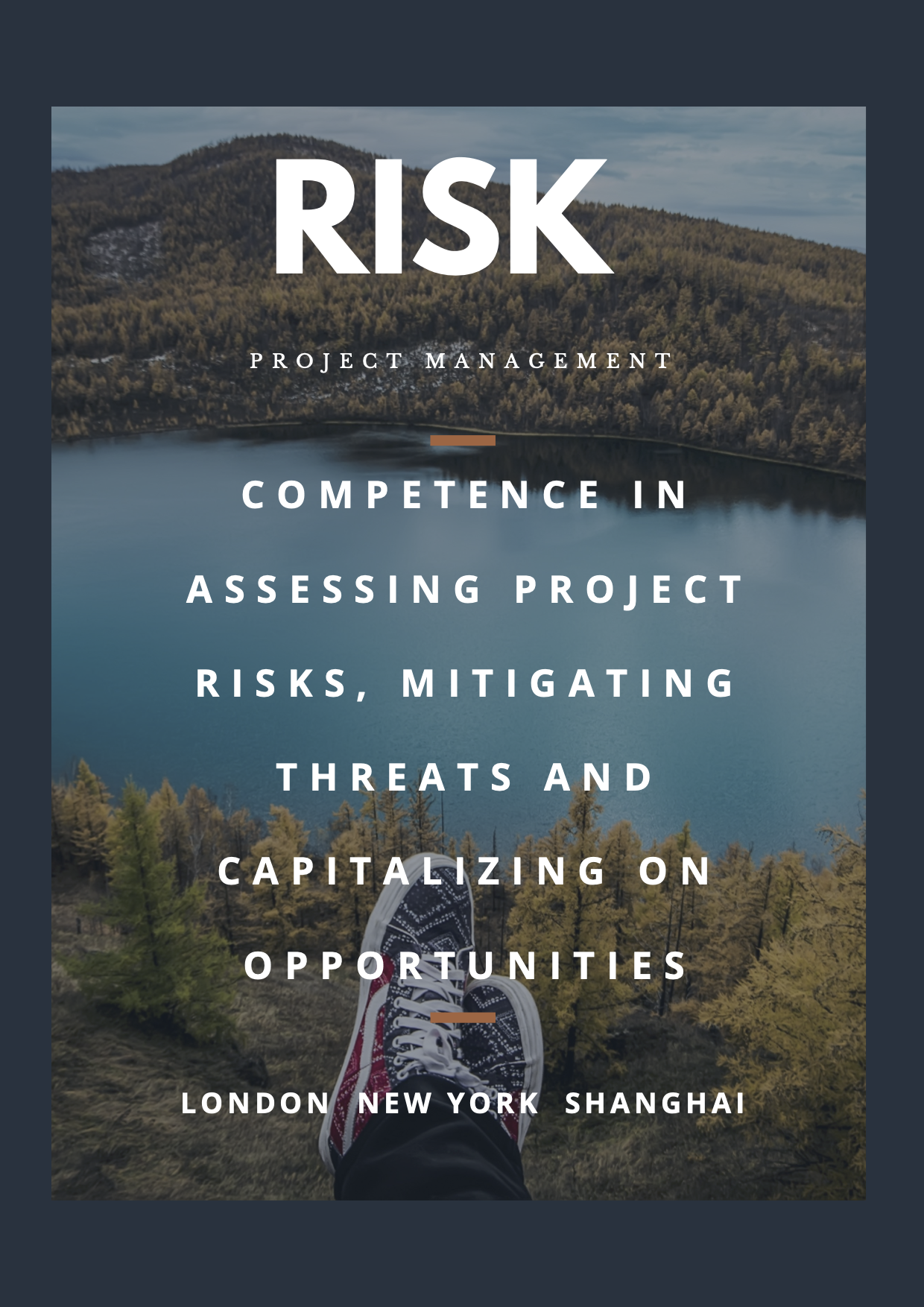Internal Consulting Skills for Business Partners
Introduction
Many companies embrace matrix structures to thrive in today's dynamic business world. This approach breaks down departmental silos by creating teams with dual reporting lines, integrating functions, projects, and geographic expertise. While it fosters agility and responsiveness, it also presents coordination and communication hurdles. Internal consultants, especially those in HR, finance, accounting, R&D, and supply chain, become crucial navigators of these complexities, steering the organization toward success.
How you will benefit
- Understand the role of an internal consultant and the unique challenges within a matrix organization.
- Develop key consulting skills such as problem-solving, communication, influence, and stakeholder management.
- Learn to navigate and leverage the matrix structure to achieve business objectives.
- Build a toolkit of consulting methodologies and best practices.
Who should attend
- HR Professionals: HR business partners, HR managers, and HR consultants who work closely with other departments.
- Finance Professionals: Financial analysts, controllers, and finance managers involved in cross-functional projects.
- Accounting Professionals: Accountants and auditors who provide insights and consulting to other business units.
- R&D Professionals: R&D managers and scientists who need to collaborate with other departments to drive innovation.
- Technology Professionals: IT managers, system analysts, and technology consultants who support various business functions.
- And more...
What you will cover
- Definition and scope of internal consulting
- Roles and responsibilities of an internal consultant
- Understanding the matrix organization structure
- Overview of popular consulting frameworks (e.g., SWOT, PESTLE, 5 Whys)
- Case studies and practical examples
- Structured problem-solving approaches
- Tools for diagnosing and framing problems
- Interactive problem-solving exercises
- Effective communication strategies
- Building rapport and trust with stakeholders
- Techniques for influencing without authority
- Identifying and analyzing stakeholders
- Developing a stakeholder engagement plan
- Managing stakeholder expectations and conflicts
- Basics of data analysis for consultants
- Using data to support recommendations
- Case study: Data-driven decision making
- Techniques for facilitating effective meetings and workshops
- Managing group dynamics
- Practice session: Facilitating a workshop
- Structuring consulting recommendations
- Presentation skills for consultants
- Group exercise: Developing and presenting a consulting report
- Planning and managing implementation
- Monitoring progress and measuring success
- Continuous improvement and feedback loops
- Creating a personal action plan for applying consulting skills
- Identifying resources and support for ongoing development
- Final Q&A and wrap-up
Schedule
Live Online
$4,500
14 & 15 Aug 2026
New York
$4,500
06 & 07 Dec 2026

Other courses
Loading...






